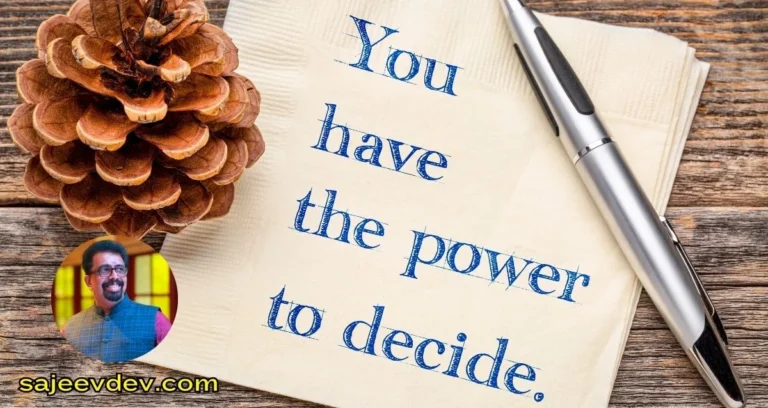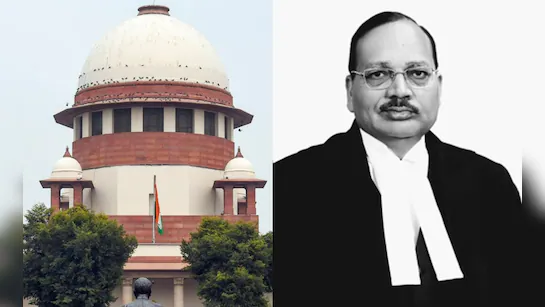
“Reservation Like Train Compartment. A Significant Statement by a Supreme Court Judge
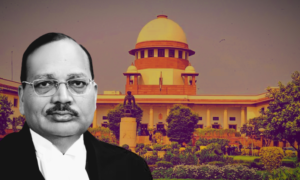
On August 1, 2024, the Supreme Court of India issued a historic ruling supporting the subclassification of Scheduled Castes (SCs) and Scheduled Tribes (STs) for the purposes of reservations in employment and educational establishments. The goal of this ruling is to provide the most disadvantaged members of these communities with affirmative action benefits. But what really spurred discussion and reflection was Justice B.R. Gavai’s comparison of the reservation system to a train cabin.
The Train Compartment Analogy by Justice Gavai
In his separate but concurring ruling, Justice Gavai compared the reservation system to the general compartment of a train: The Telegraph “Once an individual enters a compartment, he makes every effort to prevent others from entering that compartment.” Today’s Business News + The Telegraph (+1)
He underlined that although members of underrepresented groups have profited from reservations, others have turned into gatekeepers, keeping others from taking use of the same possibilities. Justice Gavai claims that this goes against the fundamental goal of affirmative action, which is to help the most underprivileged.
The Argument in Favour of Subclassification
John Bolton
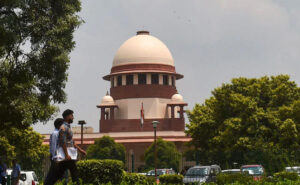
According to the Supreme Court’s ruling, states are permitted to identify and grant reserves to the SC/ST groups’ most disadvantaged members. According to Justice Gavai, it is the state’s responsibility to guarantee that underrepresented groups receive preferential treatment. He disagreed with the idea that once someone gains from reservations, they should keep doing so eternally, particularly if they have advanced socioeconomically.
The Request for Reassessment
Fairness Another bench member, Pankaj Mithal, agreed with the majority but also demanded that the reservation policy be reexamined. He cited Prime Minister Jawaharlal Nehru’s 1961 letter, in which he voiced his disapproval of the practice of granting reservations and benefits to any tribe or group. Nehru stressed that rather than making reservations, the best approach to assist a marginalised group is to give them access to high-quality education.
The Path Ahead
The Supreme Court’s decision and Justices Gavai and Mithal’s comments in support of it have rekindled debates about the effectiveness and prospects of India’s quota system. Although reservations have been essential in improving underprivileged neighbourhoods, there is increasing agreement that the system requires recurring evaluations to make sure it fulfils its goals without escalating tensions.Prospects for India +3Hindustan Times +3Week +3 In order to ensure that the benefits reach the people who need them the most, it is crucial to find a balance between merit and affirmative action as India moves towards a more inclusive society. In the years to come, the judiciary’s thoughts on these matters offer a useful framework for reconsidering and improving the reservation policy.
“Reservation Like Train Compartment…”: Supreme Court Judge’s Big Remark
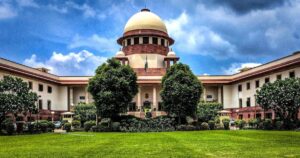
In a landmark judgment on August 1, 2024, the Supreme Court of India ruled in favor of sub-classifying Scheduled Castes (SCs) and Scheduled Tribes (STs) to extend reservation benefits to the more marginalized within these communities. This decision aims to address the disparities that persist even within historically disadvantaged groups. However, it was Justice B.R. Gavai’s analogy comparing the reservation system to a train compartment that has sparked widespread debate and introspection.
Justice Gavai’s Train Compartment Analogy
Justice Gavai, a Dalit judge who is set to become the Chief Justice of India next year, authored a separate but concurring judgment. In his 280-page opinion, he likened the reservation system to a train’s general compartment:“When a person gets into a compartment, he tries all means to stop others from getting into that compartment.”
He emphasized that while individuals from marginalized communities have benefited from reservations, some have become gatekeepers, preventing others from accessing the same opportunities. This, according to Justice Gavai, undermines the very essence of affirmative action, which is to uplift the most disadvantaged.


